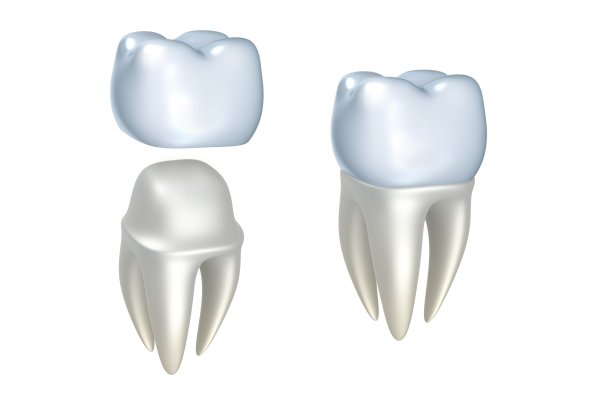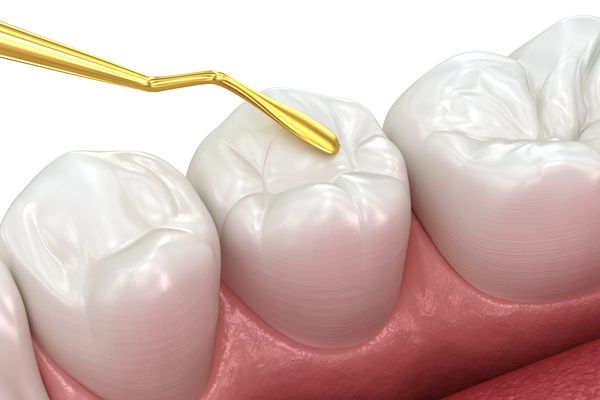5 Signs of Dental Implant Failure

Dental implants are used as a way to restore teeth that have been severely damaged. They have grown in popularity over the years because they offer an alternative way to tooth restoration. While they are popular, they do have their own downfalls. As with any dental procedure, there are always aspects of it that may not be necessarily good for a patient.
While dental implants are said to be effective for the most part, there are also scenarios where the implant may fail or reject to bond with the jaw and the teeth. Some will be warned of this but retaining all of the information regarding failing implants is often hard because it is a lot to comprehend.
There are ways that a patient can tell whether or not their dental implant is failing or has failed. Knowing these signs of failure can be beneficial for a person so that they can get to their dentist or oral surgeon immediately. Today, we will address the main signs of dental implant failure, they are listed below:
Signs of dental implant failure
Gum recession
Over the months after the surgery, if the gums surrounding the area where the implant is, begin to recede then this is a sign that the dental implants are failing. The gums are not supposed to recede, but if the dental implant rejects and doesn’t naturally bond then it will begin to push the gums away from the tooth. Receding gums are an indicator that the implants have not bonded correctly and it’s time to visit the dentist.
Severe pain
While experiencing pain immediately after the dental implant surgery is common, the pain should subside within a couple of weeks. If the pain continues for over a month then this may be a sign that the dental implant isn’t working properly. Even though this is an invasive procedure, a dental implant shouldn’t cause pain for too long.
If there is any pain or discomfort when eating or chewing then this also is an indicator that the dental implant is failing. After the initial healing period, the dental implant area should not cause pain or discomfort.
Severe inflammation or swelling
Just like with the pain, swelling and inflammation are both common immediately after the dental implant procedure. However, if the gums or surrounding area is swelling for a long period of time even after the healing process then this is an indicator that the dental implants are not healing properly, thus failing to bond.
Conclusion
Dental implants can provide someone with a great way to restore damaged parts of their teeth. However, there are situations in which these implants can fail and not provide a person with the necessary benefits. If you notice anything unusual, it’s best to visit the dentist immediately to have them take a look. A failed dental implant can cause an array of complications over time.
If you still have questions or concerns about dental implants failing then give us a call immediately! We’re available and happy to help in any way that we can.
Request an appointment here: https://stunningsmilesoflakeforest.com or call Stunning Smiles of Lake Forest at (949) 258-7433 for an appointment in our Lake Forest office.
Check out what others are saying about our dental services on Yelp: Dental Implants.
Recent Posts
The placement of dental implants is an intricate process involving the insertion of titanium posts into the jawbone. The posts mimic the functions of the natural tooth roots by fusing to the jawbone and support the replacement tooth attached to them. The process involves multiple dental implants, but the process is generally worth the trouble.…
While dental implant placement is one of the most effective ways to replace missing teeth, there are some scenarios in which these implants cannot be placed. Because dental implant placement requires surgery, there are a few general contraindications that may interfere with the procedure itself. When considering all of the tooth replacement options, it is important…
Learning about dental implant restoration is something everyone who gets one or more dental implants needs to do, as they will need to undergo a restoration process if they happen to damage one of their implants. While it is difficult to damage an implant, it does occasionally happen, putting recipients on alert to take proper…
If you’ve lost a tooth, odds are you’ve at least looked into dental implants. They are one of the most popular alternatives to dentures or bridges. They are sturdier, more pleasant to look at, more pleasant to deal with, and have a tremendous success rate.However, there is a bit of a time commitment. You’ll need…


